-
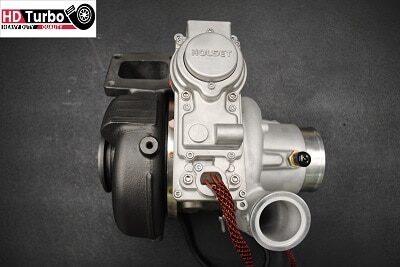
3798512RX or 5456746RX Cummins ISX HE451VE Turbo with VGT Actuator
$3,949.00In Stock
-
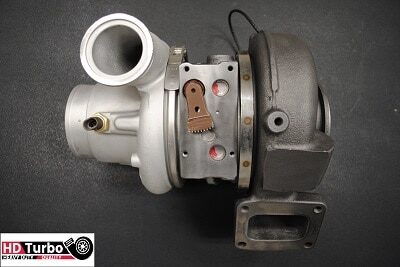
3798512RX or 5456746RX Cummins Holset ISX Turbo
$3,399.00In Stock
-

2882110RX or 5502824RX Holset Cummins HE451VE Turbo with VGT Actuator
$3,549.00Out of Stock
-
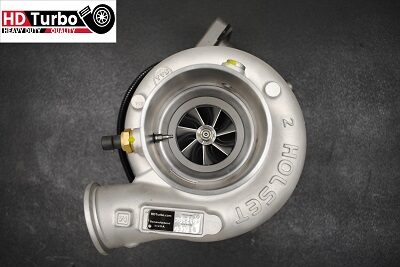
2882110RX 5502824RX Cummins ISX Turbo
$2,999.00Out of Stock
-
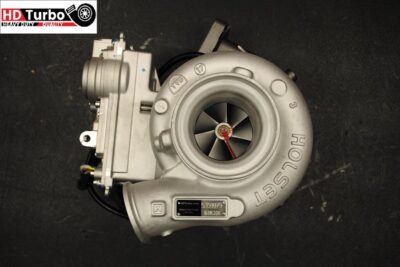
5350748 RX or 5359979 RX Cummins ISX HE451VE Turbo with VGT Actuator
$3,799.00In Stock
-
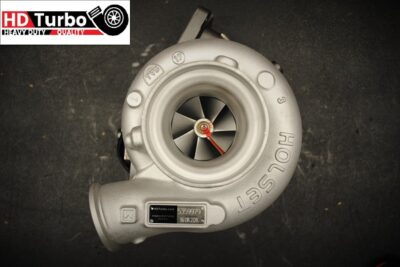
5350748RX or 5359979RX Cummins Holset ISX Turbo
$3,299.00In Stock
-
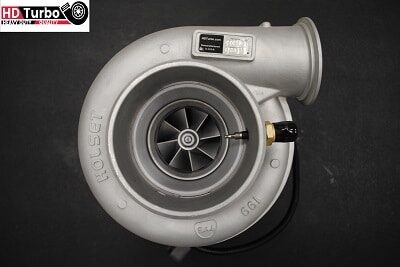
5496316RX or 4309079RX Cummins ISX Turbo
$2,599.00In Stock
-
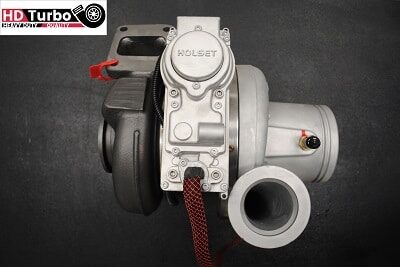
5496316RX or 4309079RX Cummins ISX Turbo with VGT Actuator
$3,049.00In Stock
-
Sale!

5457298 RX Cummins ISX Turbo with VGT Actuator
Original price was: $2,949.00.$2,749.00Current price is: $2,749.00.In Stock
-

4309078RX or 5495621RX Holset Cummins HE561VE Turbo with VGT Actuator
$3,049.00In Stock
-
Sale!
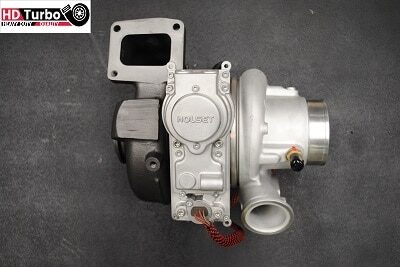
5458503RX Holset Cummins HE451VE Turbo with VGT Actuator
Original price was: $3,549.00.$3,349.00Current price is: $3,349.00.In Stock
-

2882109RX or 5457065RX Holset Cummins HE451VE Turbo with VGT Actuator
$3,549.00Out of Stock
-

2882109RX 5457065RX Cummins ISX Turbo
$2,999.00Out of Stock
-
Sale!

5458260RX Cummins Holset ISX Turbo
Original price was: $3,399.00.$3,199.00Current price is: $3,199.00.In Stock
-
Sale!

5458260RX Cummins ISX HE451VE Turbo with VGT Actuator
Original price was: $3,949.00.$3,749.00Current price is: $3,749.00.In Stock
-
Sale!

5357368RX or 5458272RX Cummins ISX HE451VE Turbo with VGT Actuator
Original price was: $3,949.00.$3,749.00Current price is: $3,749.00.In Stock
-
Sale!
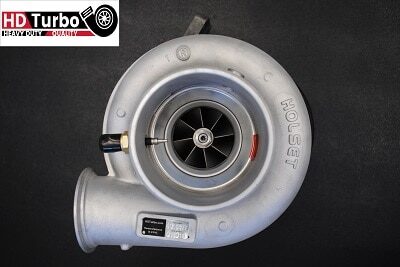
5457298RX Cummins ISX Turbocharger
Original price was: $2,399.00.$2,199.00Current price is: $2,199.00.In Stock
-
Sale!

5502825rx Holset Cummins HE451VE Turbo with VGT Actuator
Original price was: $3,549.00.$3,349.00Current price is: $3,349.00.In Stock
-
Sale!
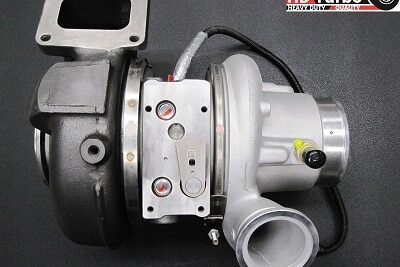
5458503RX Holset Cummins ISX HE451VE Turbo
Original price was: $2,999.00.$2,799.00Current price is: $2,799.00.In Stock
-
Sale!

5457297RX Cummins ISX Turbo with VGT Actuator
Original price was: $2,849.00.$2,649.00Current price is: $2,649.00.In Stock
-
Sale!
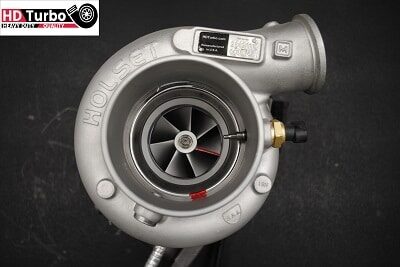
5502825RX Cummins ISX HE451VE Turbocharger
Original price was: $2,999.00.$2,799.00Current price is: $2,799.00.In Stock
-
Sale!
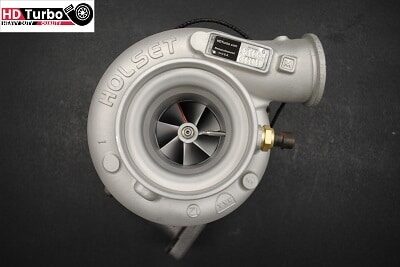
5458272 RX or 5357368RX Cummins Holset ISX Turbocharger
Original price was: $3,399.00.$3,199.00Current price is: $3,199.00.In Stock
-
Sale!

5457297RX Cummins ISX Turbocharger
Original price was: $2,299.00.$2,099.00Current price is: $2,099.00.In Stock
-
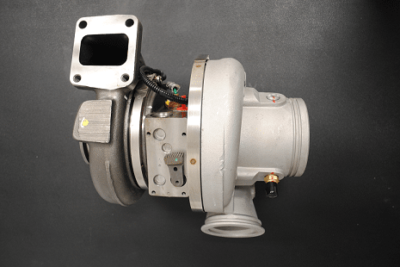
4309078RX Cummins Turbocharger HE561VE
$2,599.00In Stock
The Cummins ISX engine is used in heavy-duty applications including semi-trucks for long-haul freight and a variety of other commercial vehicles. These engines are known for their impressive power and efficiency which comes from their turbochargers. Cummins ISX turbos not only increase the power and efficiency of the ISX diesel engine but also improve fuel economy and help decrease emissions. If you need a replacement turbo for your Cummins ISX engine, HD Turbo can provide a remanufactured turbo that best suits your engine and vehicle.
HD Turbo provides remanufactured Cummins ISX turbos that can replace the turbo for your Cummins ISX engine. Our professionals meticulously assemble, calibrate, and balance each of our remanufactured Cummins ISX turbos so you can expect performance that meets or exceeds that of a new turbocharger.
What Does a Cummins ISX Turbo Do?
The Cummins ISX turbocharger is designed to boost power, torque, and efficiency in Cummins ISX engines, which are commonly used in heavy-duty trucks, semis, and commercial vehicles. It turns wasted exhaust energy into compressed intake air, giving these heavy-duty engines the power and efficiency needed for long-haul and vocational use.
- Enhanced performance: Cummins ISX turbos use exhaust gas energy to spin a turbine wheel that powers the compressor wheel. The compressor forces more air into the engine cylinders which allows the engine to burn more fuel efficiently, producing greater power output.
- Increased horsepower and torque: The greater power output increases torque and horsepower which is critical for pulling heavy loads, especially on inclines.
- Improved fuel efficiency: Cummins ISX turbos maximize combustion which improves fuel efficiency and reduces waste.
- Lower emissions: ISX turbos work in tandem with EGR, DPF, and SCR systems to meet EPA emissions standards.
- Variable geometry turbo (VGT): Most modern ISX engines use a VGT, which adjusts the exhaust vane position to optimize boost across RPM ranges. This also supports engine breaking and emissions control.
HD Turbo offers Cummins ISX turbos that are compatible with the following engines:
- CM870 Turbo
- CM871 Turbo
- HE561VE
- 2007 Cummins ISX Turbo
- 2006 Cummins ISX Turbo
When to Replace Cummins ISX Turbo
A failing Cummins ISX turbocharger can lead to serious performance issues, reduced fuel economy, and potential engine damage if not addressed. Below are the most common signs of a failing ISX turbo, especially in engines using Variable Geometry Turbochargers (VGTs):
- Loss of power: If you experience sluggish acceleration, lag in throttle response, or difficulty pulling loads or climbing hills, this could indicate low boost or stuck VGT vanes.
- Excessive exhaust smoke: Excessive exhaust smoke can indicate a problem as blue or gray smoke typically is a sign of an oil leak and black smoke could be a sign of poor combustion caused by low air-to-fuel ratio.
- Unusual noises: High pitched whining or siren sounds may indicate worn bearings, contact between turbine/compressor wheels and housings, or shaft play.
- Check engine light or fault codes: The check engine light could mean there is a problem with the turbo and ISX fault codes can let you know the specific problem, such as underboost and boost pressure not detected.
- Drop in fuel economy: The engine may burn more fuel to compensate for lack of boost and trigger regeneration issues if emissions systems are affected.
- High exhaust gas temperature: Inefficient combustion from low boost raises exhaust gas temperatures which can damage the pistons or the turbo system.
- Oil leaks: Oil residue around the turbo housing, compressor outlet, or inside the air cooler could indicate an oil leak caused by worn seals or excessive shaft play.
- VGT actuator issues: The electric or air-actuated VGT mechanism can fail, causing inconsistent boost, reduced exhaust brake performance, fault codes, and limp mode activation.
Cummins ISX Turbo Replacement
If you’re considering upgrading the turbocharger on your Cummins ISX engine, HD Turbo offers top-notch remanufactured Cummins ISX turbos. Each turbo is carefully rebuilt through a thorough remanufacturing process that includes precise calibration, expert balancing, and the use of high-quality components with advanced tools. Before shipping, every turbo undergoes comprehensive testing and is checked for any oil leaks to ensure optimal performance equivalent to a new turbocharger. By providing your engine’s VIN or serial number, our team can assist you in selecting the perfect turbo for your Cummins ISX engine.
Reach out to HD Turbo at (847) 258-3785 to get more information about our expertly remanufactured Cummins ISX turbos. Each unit is backed by a 12-month warranty with unlimited mileage, offering added confidence in your purchase.
How do I know if my Cummins ISX Turbo is bad?
To know if your Cummins ISX turbo is bad, start by watching for common symptoms such as a noticeable loss of power, sluggish acceleration, or poor fuel economy, especially under load. Excessive black smoke may indicate poor combustion from low boost, while blue or gray smoke can signal oil leaking into the exhaust due to worn turbo seals. A high-pitched whining or siren-like noise coming from the engine bay is often caused by worn bearings or contact between the turbo’s internal components. If your truck triggers the check engine light, use a diagnostic scan tool to look for common turbo-related fault codes such as P226C, P2563, P003A, or P0299, which point to issues like underboost or actuator failure.
Next, inspect the turbo physically. Remove the intake pipe and check the compressor wheel, it should spin freely with no scraping or resistance. A small amount of side-to-side movement is normal, but any in-and-out shaft play is a sign the turbo bearings are worn, and the unit should be replaced. Look for oil residue in the charge piping or intercooler, which could suggest internal seal failure. You should also check boost pressure readings (if accessible) and compare actual vs. commanded boost, low boost under load confirms a problem. For Variable Geometry Turbos (VGTs), actuator failure is also common; if the actuator cannot properly move the vanes or returns a fault, the turbo will not function correctly.
Ultimately, if you’re seeing a combination of performance loss, smoke, unusual noises, and fault codes, and especially if there is excessive shaft play or oil leaks, the turbo likely needs to be repaired or replaced. However, before replacing the turbo, it’s also wise to rule out upstream causes like a clogged DPF, failed EGR valve, or boost leaks, as these can create similar symptoms.
How can I identify my Cummins ISX turbo model?
To identify your Cummins ISX turbo model:
- Look for a nameplate or tag on the turbo
- Check the engine data plate for the ESN/CPL
- Use Cummins QuickServe Online or contact a dealer
- Scan the engine with diagnostic software
- Cross-check your model/year against known turbo types
If you share your engine serial number or truck year/make, our professionals at HD Turbo can help you identify the exact turbo model or compatible replacements.
What’s the difference between Cummins ISX and ISX15 turbos?
The Cummins ISX and ISX15 engines are part of the same engine family, but there are differences in their turbochargers due to emission regulations, model years, and engine configurations. ISX is the general name for the Cummins heavy-duty engine platform introduced in the late 1990s. ISX15 specifically refers to the 15-liter variant of the ISX line, introduced to meet newer EPA emissions standards.
The main difference between Cummins ISX and ISX15 turbos is that ISX15 turbos are more advanced, VGT-based units built to support modern emissions systems and electronic engine management. They’re not cross-compatible with older ISX engines due to mechanical, electronic, and emissions differences. If you’re replacing a turbo, always match it to your engine serial number (ESN) and CPL number to ensure the correct fit and function.
Contact Us!
Cummins ISX Turbo
-

3798512RX or 5456746RX Cummins ISX HE451VE Turbo with VGT Actuator
$3,949.00In Stock
-

3798512RX or 5456746RX Cummins Holset ISX Turbo
$3,399.00In Stock
-

2882110RX or 5502824RX Holset Cummins HE451VE Turbo with VGT Actuator
$3,549.00Out of Stock
-

2882110RX 5502824RX Cummins ISX Turbo
$2,999.00Out of Stock
-

5350748 RX or 5359979 RX Cummins ISX HE451VE Turbo with VGT Actuator
$3,799.00In Stock
-

5350748RX or 5359979RX Cummins Holset ISX Turbo
$3,299.00In Stock
-

5496316RX or 4309079RX Cummins ISX Turbo
$2,599.00In Stock
-

5496316RX or 4309079RX Cummins ISX Turbo with VGT Actuator
$3,049.00In Stock
-
Sale!

5457298 RX Cummins ISX Turbo with VGT Actuator
Original price was: $2,949.00.$2,749.00Current price is: $2,749.00.In Stock
-

4309078RX or 5495621RX Holset Cummins HE561VE Turbo with VGT Actuator
$3,049.00In Stock
-
Sale!

5458503RX Holset Cummins HE451VE Turbo with VGT Actuator
Original price was: $3,549.00.$3,349.00Current price is: $3,349.00.In Stock
-

2882109RX or 5457065RX Holset Cummins HE451VE Turbo with VGT Actuator
$3,549.00Out of Stock
-

2882109RX 5457065RX Cummins ISX Turbo
$2,999.00Out of Stock
-
Sale!

5458260RX Cummins Holset ISX Turbo
Original price was: $3,399.00.$3,199.00Current price is: $3,199.00.In Stock
-
Sale!

5458260RX Cummins ISX HE451VE Turbo with VGT Actuator
Original price was: $3,949.00.$3,749.00Current price is: $3,749.00.In Stock
-
Sale!

5357368RX or 5458272RX Cummins ISX HE451VE Turbo with VGT Actuator
Original price was: $3,949.00.$3,749.00Current price is: $3,749.00.In Stock
-
Sale!

5457298RX Cummins ISX Turbocharger
Original price was: $2,399.00.$2,199.00Current price is: $2,199.00.In Stock
-
Sale!

5502825rx Holset Cummins HE451VE Turbo with VGT Actuator
Original price was: $3,549.00.$3,349.00Current price is: $3,349.00.In Stock
-
Sale!

5458503RX Holset Cummins ISX HE451VE Turbo
Original price was: $2,999.00.$2,799.00Current price is: $2,799.00.In Stock
-
Sale!

5457297RX Cummins ISX Turbo with VGT Actuator
Original price was: $2,849.00.$2,649.00Current price is: $2,649.00.In Stock
-
Sale!

5502825RX Cummins ISX HE451VE Turbocharger
Original price was: $2,999.00.$2,799.00Current price is: $2,799.00.In Stock
-
Sale!

5458272 RX or 5357368RX Cummins Holset ISX Turbocharger
Original price was: $3,399.00.$3,199.00Current price is: $3,199.00.In Stock
-
Sale!

5457297RX Cummins ISX Turbocharger
Original price was: $2,299.00.$2,099.00Current price is: $2,099.00.In Stock
-

4309078RX Cummins Turbocharger HE561VE
$2,599.00In Stock
 Authorized Dealer
Authorized Dealer